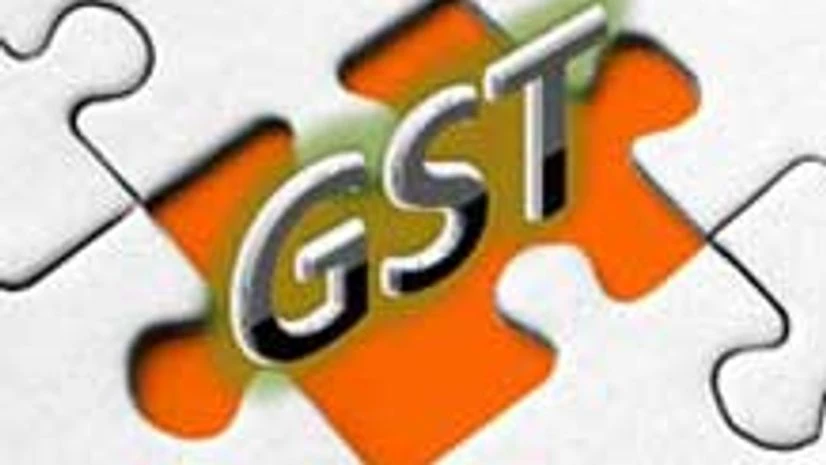State governments reiterated to the central government on Tuesday that differences remain over key aspects of the much-proposed national goods and services tax (GST).
At a meeting here of the Empowered Committee (EC) of State Finance Ministers on the issue, they said the new deadline of implementing a GST by 2016-17 was achievable, if these differences were ironed out. And, the panel rejected a proposal of the Union finance ministry to raise the threshold of annual turnover for the proposed GST from Rs 10 lakh to Rs 25 lakh.
Another proposal to have a central GST at 12.77 per cent and state GST at 13.91 per cent, made by a sub-committee of the EC, was referred to a think tank on public finance. These are based on average revenue neutral rates.
More From This Section
“But, finally, the Committee took a decision that it will go by the decision already taken, Rs 10 lakh,” said EC chairman Abdul Rahim Rather, who is finance minister of Jammu & Kashmir. The decision was conveyed to a Union finance ministry representative, present in the meeting, he disclosed. However, three of four states had favoured raising of the threshold, for smooth implementation of a GST.
Sources said some large states such as Uttar Pradesh, Tamil Nadu, Andhra Pradesh and Bihar have the current threshold of Rs 5 lakh for Value-Added Tax. At most, they're willing to double it.
Rather said, “If all goes well, the Constitutional Amendment Bill is carried in Parliament by both the Houses, I think the 2016 target rollout date is achievable.” He said the Bill could be easily passed in the Lok Sabha, but the ruling coalition will need support of opposition parties in the Rajya Sabha. The ruling National Democratic Alliance has 58 seats in the 242-member Rajya Sabha. The Bill has to be passed with a two-thirds majority, which means at least 161 members would have to vote for it, if there is full attendance.
Rather said after a Bill was passed by Parliament and approved by at least half the states, the proposed GST Council would be set up in six months. It would be up to the Council to fix a threshold of annual turnover, he clarified.
As for the sub-committee proposals mentioned earlier, these were based on the year 2011-12. So, the EC decided to refer it to the National Institute of Public Finance and Policy, to update it to 2013-14.
“It is a recommendation of the sub-committee, not approved, not endorsed by the EC. There will be a band for revenue-neutral rates,” Rather said.
The other issue related to the states' persistent stand that petroleum be out of a GST. "States have already said that petroleum, alcohol and tobacco should be excluded from GST," Rather noted.
The really contentious issue is petroleum. A revised draft of the Constitution Amendment Bill is learnt to have contained a middle path, to have petroleum in a GST but zero-rated. To a query on the revised draft, Rather said, “We have not received the revised draft Bill. We will discuss and offer our comments (after we receive it).”
He said the states had made it clear to the Centre that while preparing the draft GST Bill, the views of the states should be respected. “I have made it abundantly clear to the Government of India, as that will be in the true spirit of cooperative federalism. States should be carried along,” he added.
Rather said states have also said that the compensation for loss due to GST should be constitutionally provided. However, the Centre does not agree, sources said, adding the compensation could have legal backing even if not contained in the Bill.
Rather said the EC would meet as soon as the revised draft was sent to it.
GST rollout has missed several deadlines because of lack of consensus among states and between Centre and states over certain crucial issues on the proposed tax regime.
DIFFERING VOICES
-
Centre wants to table Constitutional Amendment Bill in winter session of Parliament so that It could be introduced from 2016-17

)
